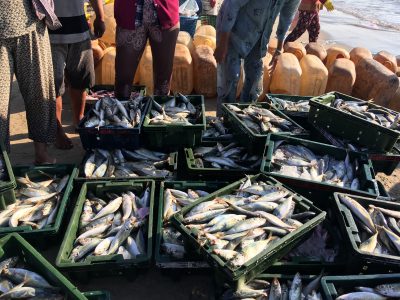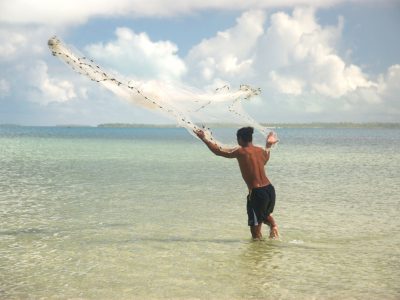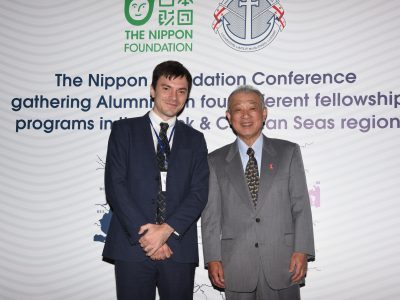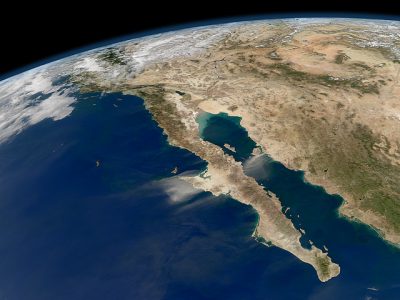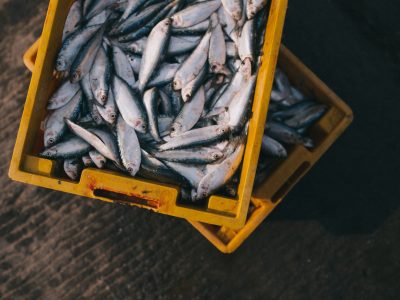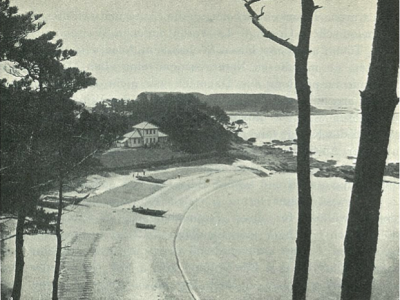Less money, more problems – getting fisheries right
Sustainable marine fisheries seem to tick all the boxes. They can fill your belly, fill your wallet, and do it all for a fraction of the carbon emissions generated by conventional agriculture. Getting marine fisheries “right” could also help to reduce the loss of biodiversity in the ocean, and increase equity among coastal populations.



